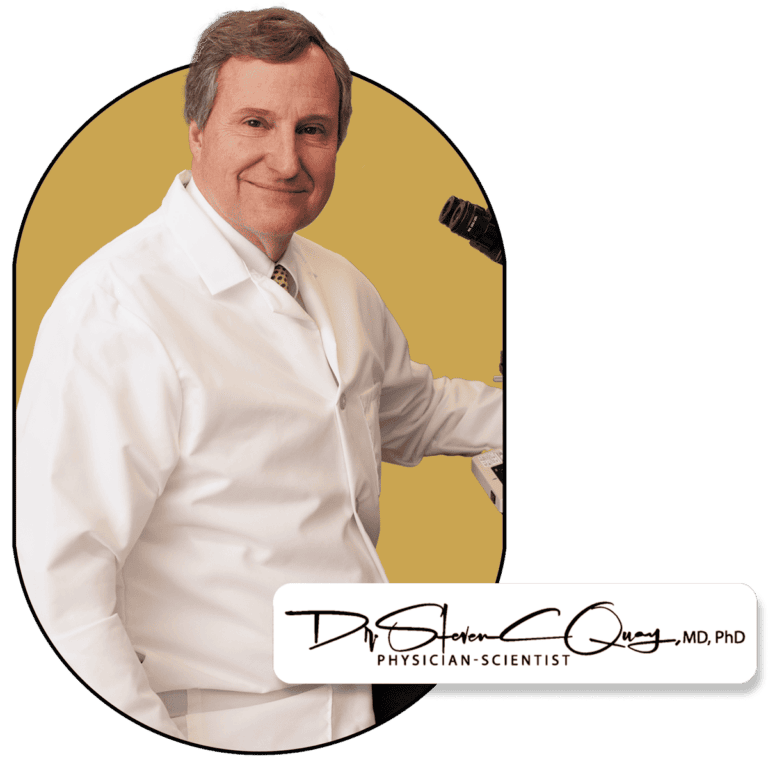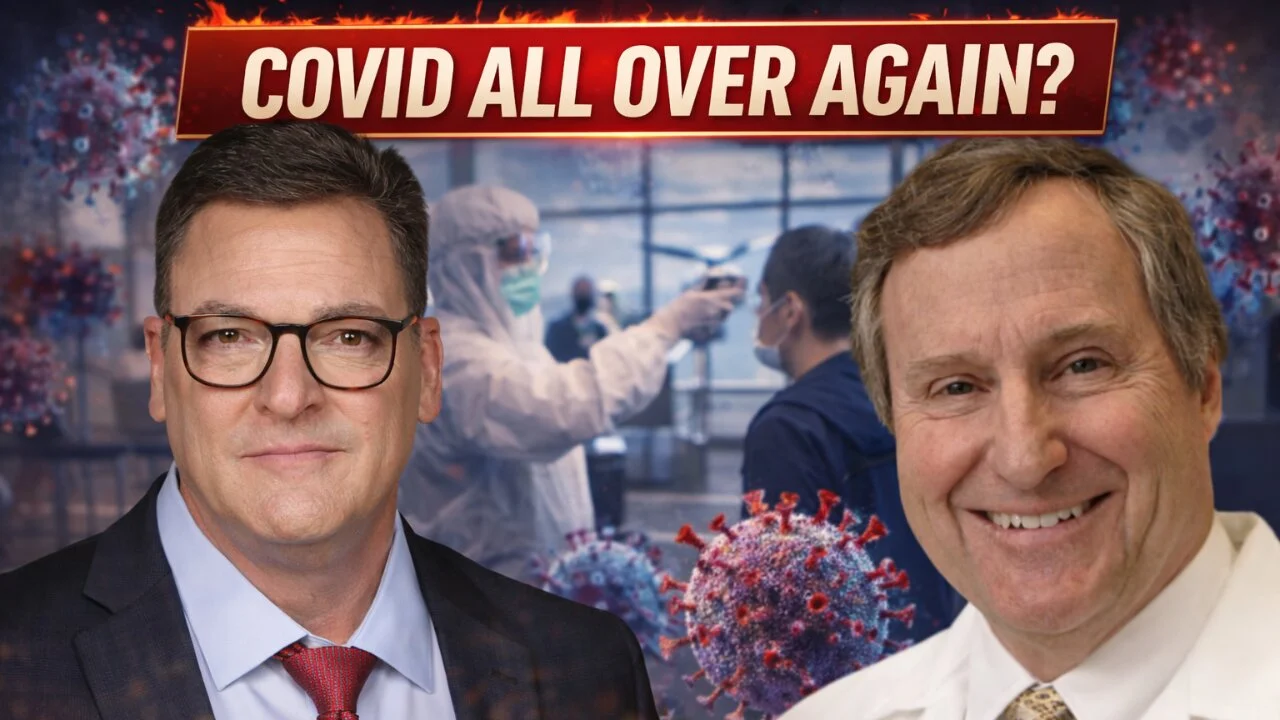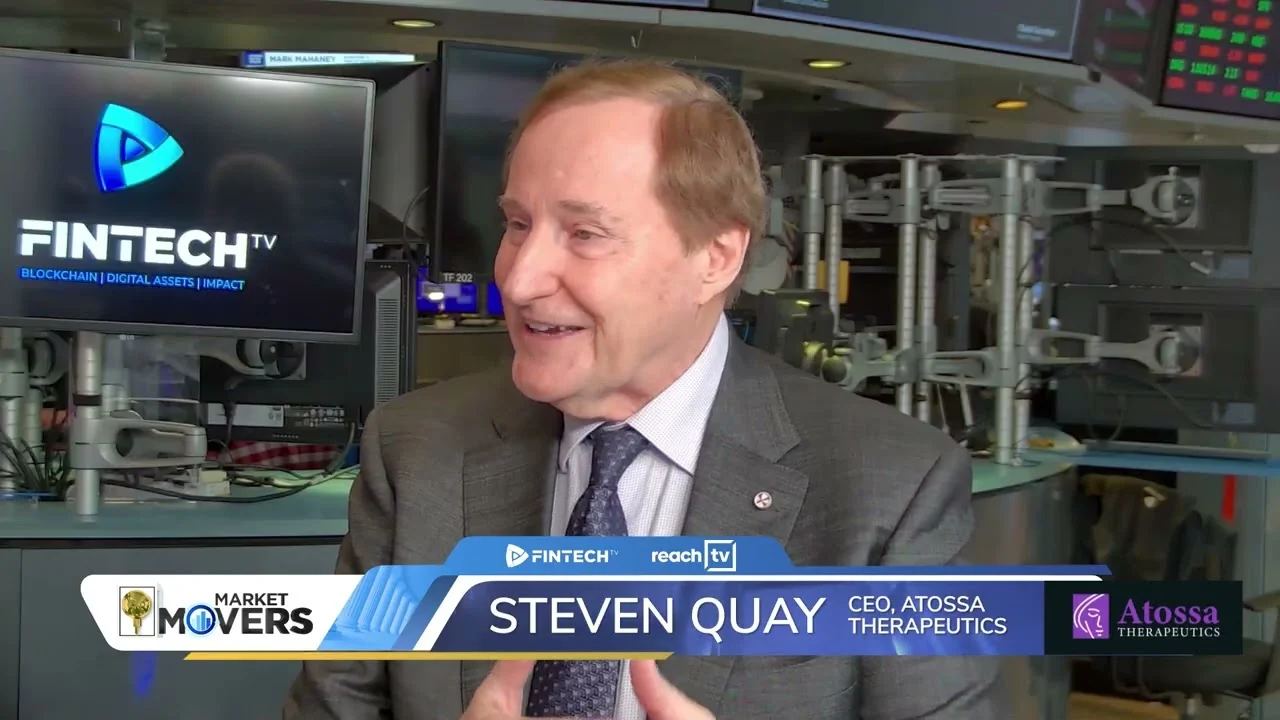- Dr. Steven Quay Joins Hearing on Virus Research Funding
- August 4th, 2022
In front of the Senate Homeland Security and Governmental Affairs Subcommittee on Emerging Threats, Dr. Steven Quay discusses the risks and benefits of gain of function research and how it connects to our current pandemic; Covid-19.
This video has been edited to only show questions and responses directed at Dr. Quay. We do not own this video and have only published it here for educational purposes. To view the video in it’s entirety, please visit the CSPAN website here:
https://www.c-span.org/video/?522133-1/hearing-virus-research-funding




